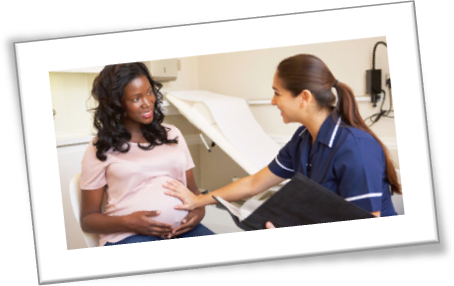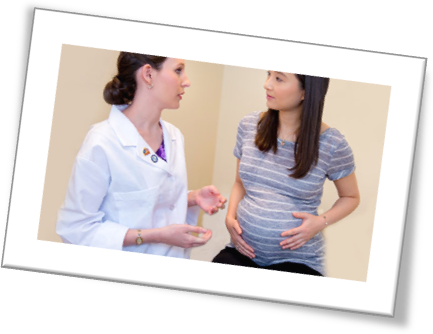Perinatal Hepatitis


- Adult Viral Hepatitis Information
- Educational materials about Viral Hepatitis
- Perinatal Hepatitis B Case Management
Let’s talk more about perinatal transmission of hepatitis B and C.
Perinatal Hepatitis B
Hepatitis B virus (HBV) infection in a pregnant woman poses a serious risk to her infant at birth. Without postexposure immunoprophylaxis, approximately 40% of infants born to HBV-infected mothers in the United States will develop chronic HBV infection, approximately one-fourth of whom will eventually die from chronic liver
disease.
How can Perinatal Hepatitis B be prevented?
Perinatal HBV transmission can be prevented by identifying HBV-infected (i.e., hepatitis B surface antigen [HBsAg]-positive) pregnant women and providing hepatitis B immune globulin and hepatitis B vaccine to their infants within 12 hours of birth.Preventing perinatal HBV transmission is an integral part of the national strategy to
eliminate hepatitis B in the United States. National guidelines call for the following:
- Universal screening of pregnant women for HBsAg during each pregnancy
- Case management of HBsAg-positive mothers and their infants. Check out information on Missouri’s Perinatal Hepatitis B Case Management Program.
- Provision of immunoprophylaxis for infants born to infected mothers, including hepatitis B vaccine and hepatitis B immune globulin
- Routine vaccination of all infants with the hepatitis B vaccine series, with the first dose administered at birth
What if you are pregnant and your Hepatitis B test is positive? Check out this brochure on how you can protect your baby and your loved ones.
What does the law say?
Perinatal Hepatitis C
Information on Pregnancy and HCV Infection
Should pregnant women be routinely tested for anti-HCV?
No. Since pregnant women have no greater risk of being infected with HCV than non-pregnant women and interventions to prevent mother-to-child transmission are lacking, routine anti-HCV testing of pregnant women is not recommended. Pregnant women should be tested for anti-HCV only if they have risk factors for HCV infection.
What is the risk that an HCV-infected mother will spread HCV to her infant during birth?
Approximately 6 of every 100 infants born to HCV-infected mothers become infected with the virus. Transmission occurs at the time of birth, and no prophylaxis is available to prevent it. The risk is increased by the presence of maternal HCV viremia at delivery and also is 2-3 times greater if the woman is coinfected with HIV. Most infants infected with HCV at birth have no symptoms and do well during childhood. More research is needed to find out the long-term effects of perinatal HCV infection.
Should a woman with HCV infection be advised against breastfeeding?
No. There is no evidence that breastfeeding spreads HCV. However, HCV-positive mothers should consider abstaining from breastfeeding if their nipples are cracked or bleeding.
When should children born to HCV-infected mothers be tested to see if they were infected at birth?
Children should be tested for anti-HCV no sooner than age 18 months because anti-HCV from the mother might last until this age. If diagnosis is desired before the child turns 18 months, testing for HCV RNA could be performed at or after the infant's first well-child visit at age 1-2 months. HCV RNA testing should then be repeated at a subsequent visit, independent of the initial HCV RNA test result.
